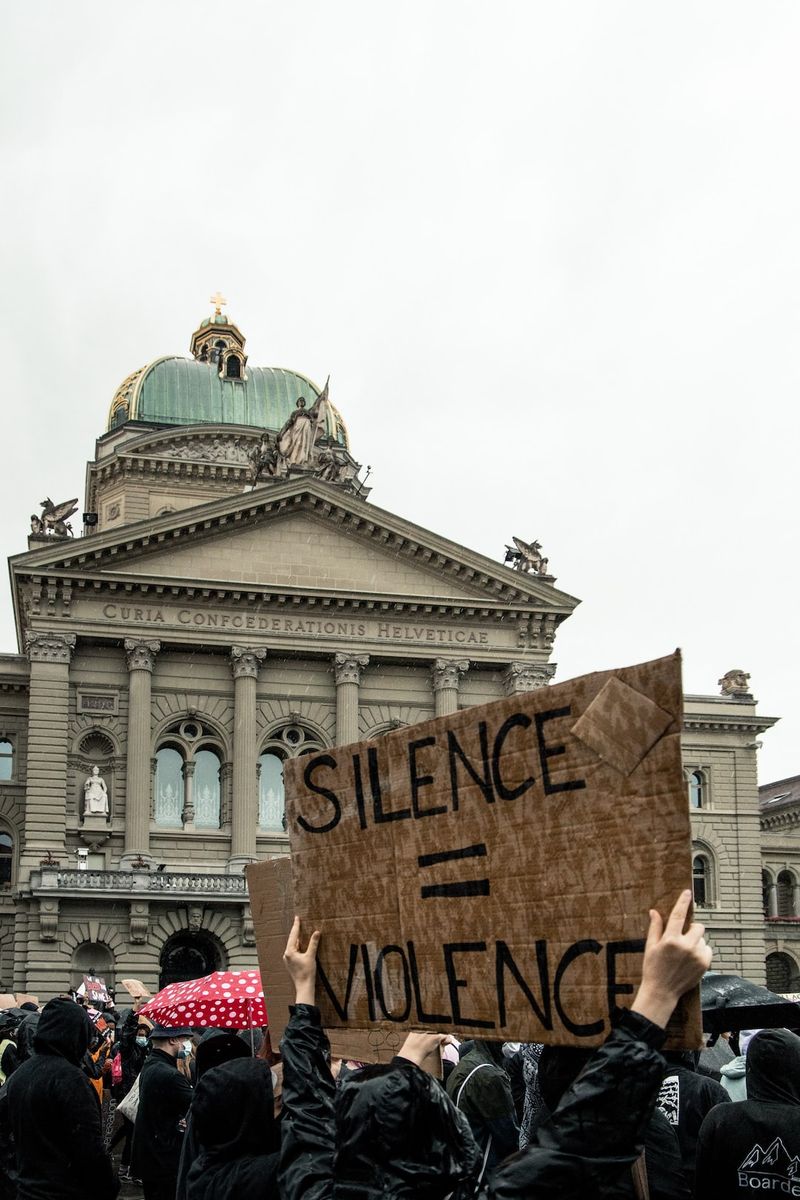- Controversy Surrounds Roseanne Barr’s Reckless Remarks: Condemned by Anti-Defamation League CEO
- American Actress Faces Criticism for Offensive Holocaust Comments
- The Power of Sarcasm and Satire: Context Matters
- A History of Controversy: Roseanne Barr’s Troubled Legacy
- The Responsibility of Public Figures: Weighing Freedom of Speech and Consequences
- Lessons Learned: Moving Forward from Roseanne Barr’s Comments
- Conclusion: Striving for Compassionate and Responsible Public Discourse
- You might want to read !
Controversy Surrounds Roseanne Barr’s Reckless Remarks: Condemned by Anti-Defamation League CEO
American Actress Faces Criticism for Offensive Holocaust Comments
In a recent episode of the This Past Weekend podcast, Roseanne Barr, the American actress and comedian, made inflammatory remarks regarding Jewish people and the Holocaust. Barr, who is Jewish herself, used the example of political propaganda to argue her point about unquestionable truths. She claimed that “nobody died in the Holocaust” and suggested that six million Jews should die because they cause problems in the world.
The podcast clip, which went viral after being released on June 14, has drawn significant backlash online. Jonathan Greenblatt, the CEO of the Anti-Defamation League, a Jewish organization dedicated to civil rights law, expressed his disdain for Barr’s comments. He criticized her remarks as “reprehensible and irresponsible” and called out the podcast host, Theo Von, for not challenging her conspiracy theories about Jews and Hollywood.
The Power of Sarcasm and Satire: Context Matters
In response to the controversy, Theo Von defended Barr, claiming that her comments were intended to be sarcastic and satirical. He shared a four-minute clip of their conversation and described Barr as a “mensch” – a Yiddish term for a person of integrity and morality. Von argued that Barr’s humorous intention should not be overlooked.
A History of Controversy: Roseanne Barr’s Troubled Legacy
This is not the first time Roseanne Barr has made controversial remarks. In 2018, the reboot of her popular 1990s sitcom, “Roseanne,” was canceled after she sent a racist tweet comparing Valerie Jarrett, a former aide to Barack Obama, to a character from “Planet of the Apes.” Her past behavior adds further context to the current backlash against her Holocaust comments.
The Responsibility of Public Figures: Weighing Freedom of Speech and Consequences
Public figures have a significant platform and influence over their audience. With that privilege comes a responsibility to use their words wisely and avoid perpetuating harmful stereotypes or promoting hatred. While freedom of speech is a fundamental right, it is not absolute. Public figures must be held accountable for the impact of their words, especially when their remarks contribute to the marginalization or harm of a particular group.
Lessons Learned: Moving Forward from Roseanne Barr’s Comments
The controversy surrounding Roseanne Barr’s Holocaust comments serves as a reminder of the enduring power of words. It is crucial for public figures, both within and outside the entertainment industry, to engage in thoughtful dialogue and promote understanding rather than division. Education and awareness are key to combatting ignorance and prejudice.
Moreover, platforms and media outlets must carefully consider who they provide a platform to and the potential implications of giving a voice to individuals with a history of controversial or inflammatory remarks. Responsible journalism should strive to uphold ethical standards and avoid amplifying harmful rhetoric.
Conclusion: Striving for Compassionate and Responsible Public Discourse
The Roseanne Barr controversy sparks a larger conversation about moral responsibility, the power of words, and the importance of thoughtful discourse in our society. It is crucial that we continue to challenge and reexamine our own beliefs and biases, and encourage others to do the same. By fostering empathy, understanding, and respect, we can strive towards a more inclusive and compassionate society.

<< photo by Emmanuel Phaeton >>
The image is for illustrative purposes only and does not depict the actual situation.




